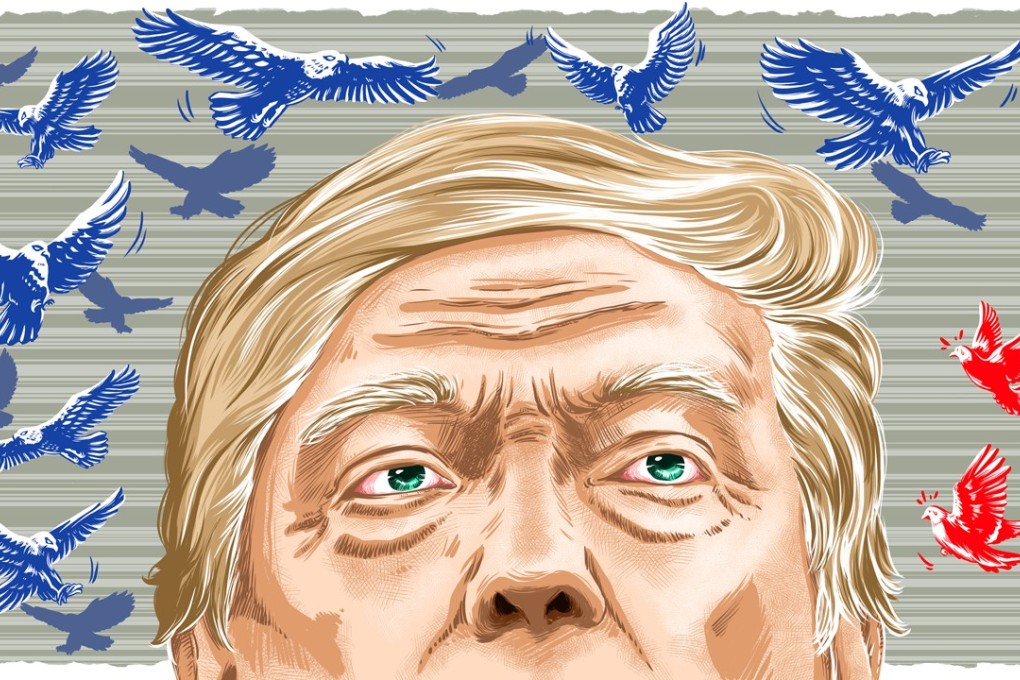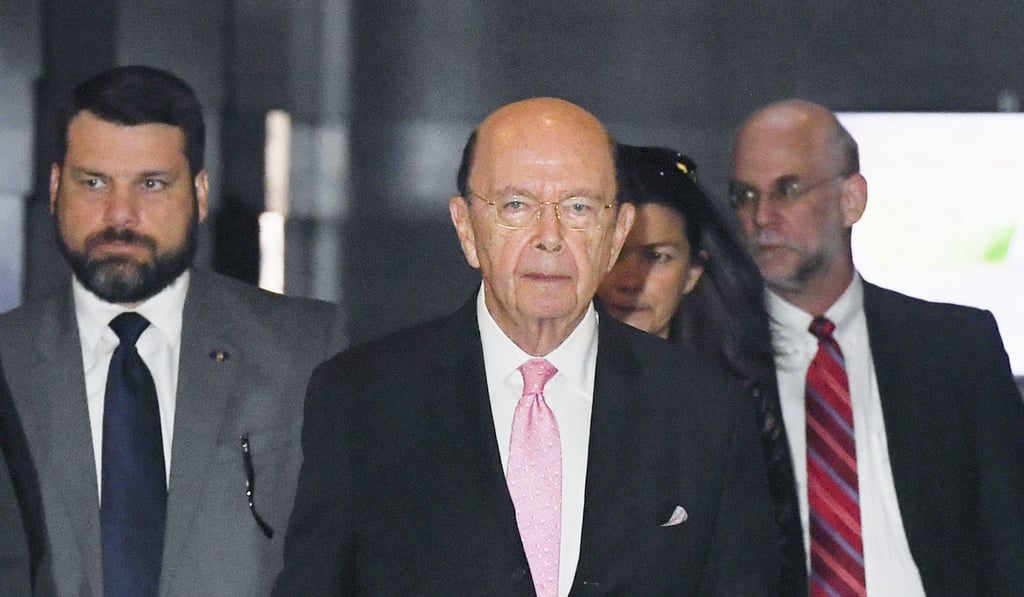The hawks of war: how moderates were shut out of Donald Trump’s inner US-China trade circle
With China and the United States at the centre of the biggest international trade dispute in decades, the South China Morning Post takes an in-depth look at the changing relationship between Beijing and Washington. In the first of a two-part series, Shi Jiangtao looks at how moderate voices in the White House are being drowned out by the hawks.

Nearly two months after US Commerce Secretary Wilbur Ross’s visit to Beijing, a trip that failed to bring about a trade ceasefire with China, there is little sign that talks will resume any time soon to help quell the antagonism and hostility that have boiled into a trade war.
The tension rose even further on Friday as US President Donald Trump threatened to expand the scale of his trade punishment and impose tariffs on all Chinese imports, saying, “We have been ripped off by China for a long time”.
Amid this atmosphere, a consensus has emerged among observers across the political and intellectual spectrum that the Trump administration sees China not merely as a strategic threat but as an adversary, pushing the relationship between the world’s two biggest economies into its worst downward spiral in decades.

In a shift worrying to many observers of the growing dispute, moderate voices within the Trump administration that traditionally have supported engagement with China are quickly losing influence.
Instead, advisers advocating an increasingly hawkish, confrontational approach to China – over trade as well as a long list of contentious security and political issues – are prevailing.